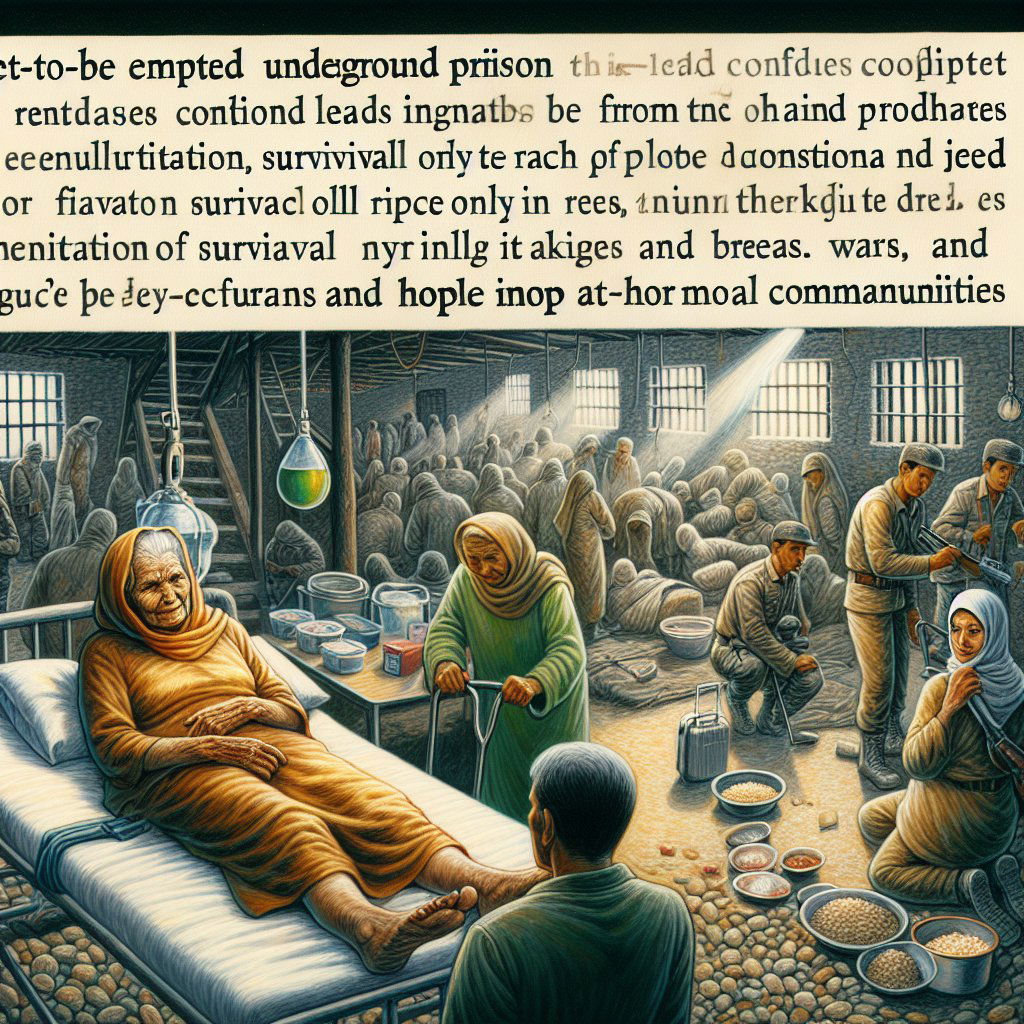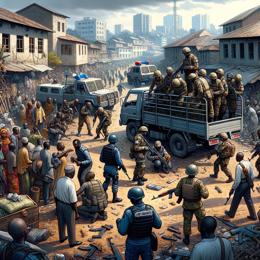Image: AI generated for illustration purposes
Harsh Conditions and Lost Lives: The Grisly Tales from Freed Israeli Hostages
The homecoming of 58 Israeli hostages marks the end of a nightmarish chapter in a bloody conflict, which had previously claimed over 1,200 lives in a cross-border assault by Hamas militants. The detailed accounts of their seven-week ordeal under Hamas captivity are now surfacing, depicting a grim scene of survival and loss.
Their captivity, shrouded in secrecy, has now been replaced with blatant revelations by the hostages' relatives. Families have narrated the scant nutrition and insubstantial living conditions faced by those who were abducted. According to Merav Raviv, her relatives survived primarily on bread and rice, resulting in significant weight loss. They endured uncomfortable sleep on makeshift beds of lined-up plastic chairs and long waits for basic sanitation facilities.
Adva Adar, the grandchild of an octogenarian freed hostage, Yaffa Adar, relayed the daunting reality of captives being disconnected from the world, unaware of their families’ fate and homes plundered in their absence. The emotional and psychological toll compounds as these individuals, like Yaffa, are now forced to rebuild their lives from scratch.
While the images of devastation unfolding in the Gaza Strip paint a broader picture of the impact on the civilian population, with a staggering death toll of at least 13,300 Palestinians, the personal stories of those held hostage provide a sobering insight into individual suffering during armed conflict.
An underground life of darkness was their reality, as shared by Eyal Nouri about his aunt's experience. This existence away from sunlight and isolated from the outside world has necessitated physical and mental health adjustments upon release. The testimonies underline the resilience of the hostages but also signal the pressing need for psychological care, as noted by Israeli doctors.
Moreover, the return of these individuals has brought forth physical healthcare imperatives, with at least two requiring urgent medical attention. The story of 84-year-old Alma Abraham, admitted in life-threatening condition reflecting neglect of pre-existing health issues during captivity, serves as a critical reminder of the long-term health repercussions of such traumatic experiences.
Furthermore, the societal integration of the younger generation of hostages, like Ohad Munder and Hila Rotem-Shoshani, involves a gentle return to normalcy with the support of their communities. Their stories are emblems of youthful resilience in the face of adversity, yet also serve as poignant reminders of stolen childhood innocence.
These narratives of endurance against the odds, coupled with the steady trickle of hostages being released in the ceasefire deal, are both testament to the human spirit's capacity for survival and a call for the prevention of further loss by extending the fragile truce.










